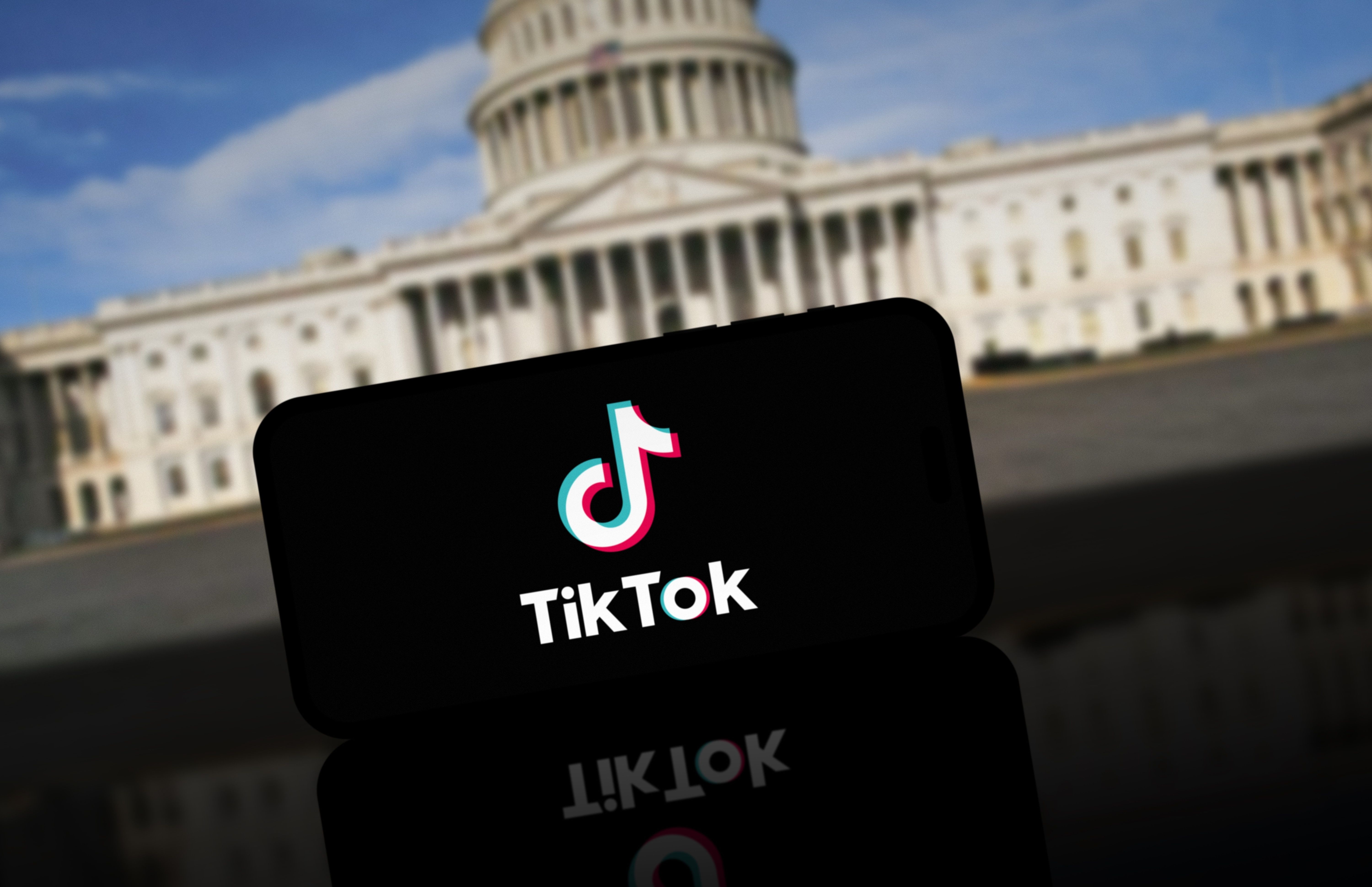TikTok and its parent company ByteDance this week sued to block a new law banning the social media app, claiming it is unconstitutional because it infringes upon Americans’ right to free speech and prevents access to lawful information.
The law, passed in April, would ban TikTok in the U.S. if ByteDance does not liquidate its American assets within nine to 12 months — citing national security concerns about the app. National security has been at the forefront of U.S. bans on Chinese tech, such as the ban on selling telecom equipment and services from Huawei, ZTE, and other Chinese providers.
Another concern about TikTok — data privacy and security — is not entirely unfounded, as about 150 million Americans use it. However, China does not need apps like TikTok to collect that data. U.S. consumer data can be bought on the open market from data brokers, including precise location and financial transaction data. Even the U.S. National Security Agency has leveraged data brokers to collect Americans’ data. Anonymized data is also not the fail-safe measure that it is touted to be, as it can be de-anonymized using data that is not considered personally identifiable, like sex, ZIP code, and birthdate. In some ways, TikTok even collects less private information than Meta. In short, TikTok is no more a unique threat to data privacy and security than are data brokers and other American social media sites.
Banning TikTok or any other Chinese business in the U.S. won’t protect U.S. citizens’ data from exploitation. The sheer profitability of U.S. citizens’ data for businesses — both buyers and sellers – is undergirded by the lack of protections for collecting data or compensating individuals for their data. Solving this problem eventually would require federal-level, comprehensive data privacy and protection regulations. Without such regulation, there is little incentive for social media companies — Chinese or not — to responsibly buy, sell, collect, or otherwise exploit user data. If the U.S. government’s goal is to protect private American citizens’ data to enhance national security, then it must legislate acceptable limits on the exploitation of Americans’ data, perhaps even following a framework like the European Union’s General Data Protection Regulation.
Some believe that banning TikTok and other Chinese apps in the United States could force China to provide more equitable access to the Chinese market and put pressure on China to change unfair business practices towards foreign firms, like intellectual property theft, opaque subsidization and preferential treatment, raids, and fines. These inequities have long been a major concern and subject of high-level conversations between U.S. and Chinese officials. However, the U.S. bans on Chinese businesses so far appear to have neither compelled Chinese businesses nor the Chinese government to change their behaviors, instead spurring them to reduce reliance on the U.S. market and focus on exploring alternative markets.
Bringing China and the U.S. to a common point of view or set of rules on business practices is a challenge that is rooted fundamentally in a lack of trust. American businesses have been able to thrive in non-sensitive industries in China and vice versa. But selling Coca-Cola and unbranded consumer goods are not particularly high-trust or strategic endeavors.
The U.S. understands what economic dominance in strategic sectors can do for power projection. U.S. power has often extended its grasp into strategic private businesses without those businesses having any mandate to do so. They achieved their unintended importance via the free market in pursuit of higher profits. Washington is likely concerned that Beijing will weaponize its burgeoning economic might in technology, much like the U.S. has in the past. For example, in the case of spy Xu Yanjun, the FBI was able to issue a warrant to collect information from his Gmail and iCloud accounts, which provided key information necessary to convict him. The SWIFT messaging system and dollar hegemony have also played major roles in enforcing U.S. sanctions, often used by the U.S. in pursuit of greater national security.
Washington’s penchant to pull these levers in the name of national security makes the U.S. harder to trust, as does the possibility of China pulling similar levers via apps and telecommunications equipment. Using “national security” as a sufficient reason to target Chinese businesses is unlikely to prompt China to see the U.S. as a responsible partner in high-trust industries like tech.
History demonstrates that the Chinese government won’t be pressured into changing its unfair business practices or initiating widespread pro-market economy reforms. However, economic reforms may be on the horizon in China, so the U.S. should try to maintain a base level of trust or understanding so that American businesses might benefit from those reforms.
The U.S. and China should still seek to expand collaboration in less sensitive sectors of their economies like entertainment (movies, television, gaming), education, and tourism. A joint-venture public television channel in both countries, for example, like the Franco-German Arte channel could be mutually beneficial for stimulating tourism, fostering understanding between both cultures, and familiarizing both sides with the business practices and needs of the other.
Ultimately, the willingness to use national security as a reason to ban Chinese apps like TikTok will neither improve American national security nor Chinese business practices. While data privacy and security are legitimate concerns, there are regulations the United States can enact that would avoid escalating tensions between the two countries. To foster trust and encourage more equitable economic relations, Washington should consider alternative approaches to build trust and pave the way for constructive dialogue and cooperation.
- We need a better China policy. Banning TikTok isn't it. ›
- TikTok bills could dangerously expand national security state ›
- Will a TikTok truce save US-China relations? | Responsible Statecraft ›
















